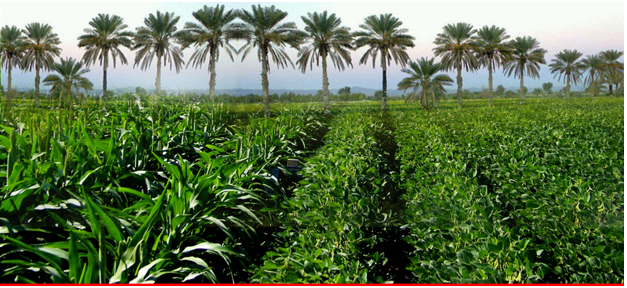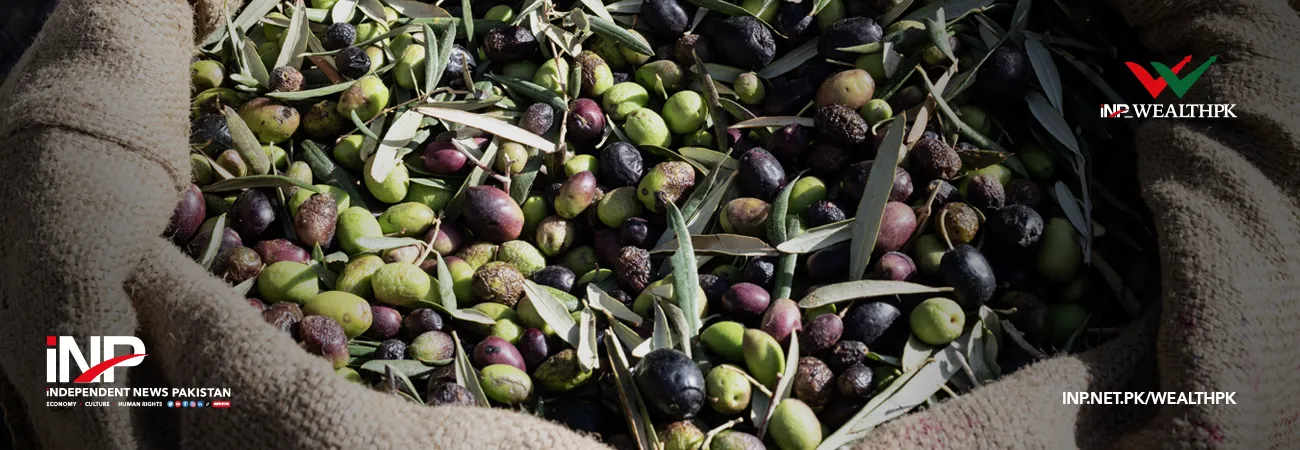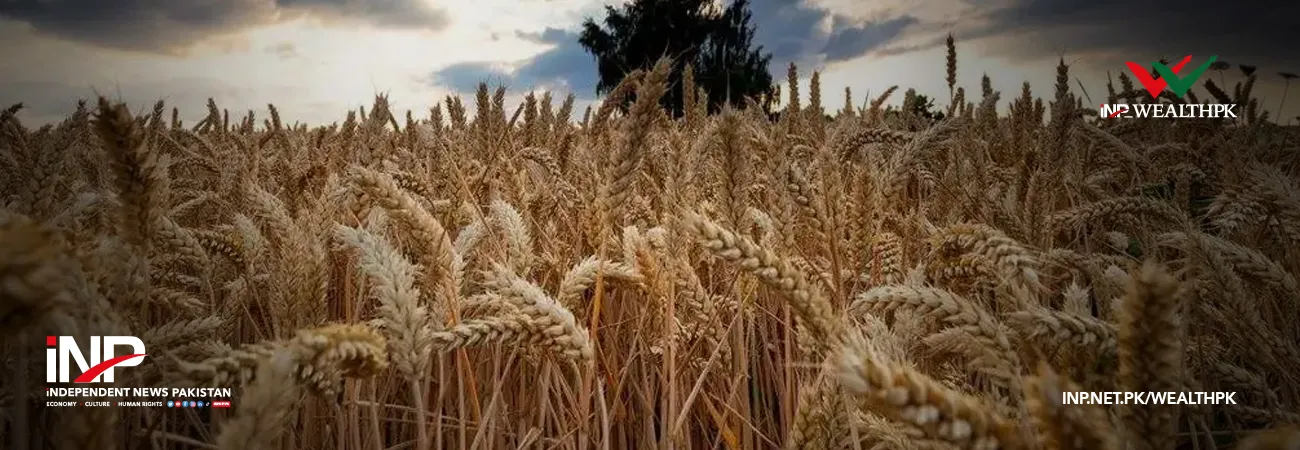INP-WealthPk
Ahmed Khan Malik
Innovative farming techniques are needed to enhance the productivity of Balochistan’s agriculture sector, growers and experts stressed.

They pointed out production of wheat, the primary cereal crop of Balochistan, had decreased significantly over the years as a result of water scarcity and thermal duress. Output of other significant agricultural commodities such as rice and maize has also decreased overtime, not only affecting food security but also placing numerous farmers in precarious financial situation, they said.
Nadeem Jamali, a leading grower in Naseerabad district, said that the province needs fresh approaches to transform its agricultural landscape, making it more ecologically sustainable and versatile in the face of climate change. “An area of focus should be research and implementation of crop varieties that are resistant to drought,” he said. He proposed that agricultural universities and research institutions should work for development of wheat, rice and maize varieties that exhibit enhanced resistance to elevated temperatures.

Jamali also called for implementing water-conserving irrigation methods like drip irrigation, which supplies water directly to the roots of plants. “Drip irrigation will give farmers in arid regions a significant benefit by decreasing water wastage resulting from evaporation, thereby enabling them to cultivate crops with lower water levels.”
“Furthermore, conservation practices are needed to reduce soil disturbance, increase soil cover via mulching, and encourage crop diversification. Through the improvement of soil health and water retention capacity, conservation agriculture enables farmers to effectively cultivate crops in circumstances where water resources are limited,” he noted.
“There should also be growing emphasis on replacing traditional farming practices with modern scientific advancements for an adaptable and enduring agricultural system,” Jamali added. Ghulam Rasool Rind, an agriculture expert in Quetta, said that successful implementation of climate-resilient agriculture in Balochistan was dependent upon the adoption of an extensive plan of action.
“It is essential to invest in research and development in order to develop new crop varieties resistant to drought, and effective irrigation systems. At the same time, comprehensive extension services are required to educate farmers on these innovative technologies and optimal approaches,” he said. He suggested that courses for farmer education can furnish them with the requisite expertise and competencies to modify their farming techniques in response to climate change.
Rind believes incentives can significantly promote the implementation of climate-smart agricultural practices. “Subsidies for installing water-conserving irrigation systems and purchasing drought-resistant seedlings can increase the reach of these technologies for producers with limited resources. Moreover, by establishing a market for climate-resilient commodities, producers may be financially motivated to embrace these innovative techniques.”
Rind also proposed collaboration among government agencies, research institutions, agricultural universities, non-governmental organisations and growers to facilitate the exchange of knowledge, mobilise resources and establish a policy environment that promotes climate-smart agriculture.
Credit: INP-WealthPk













